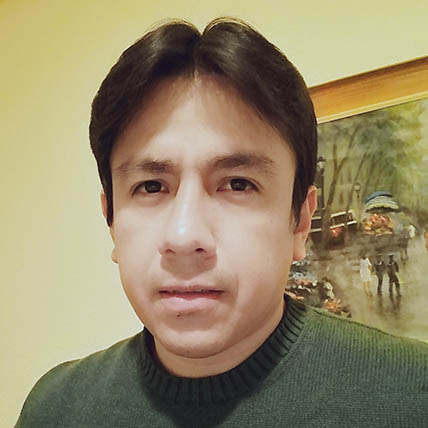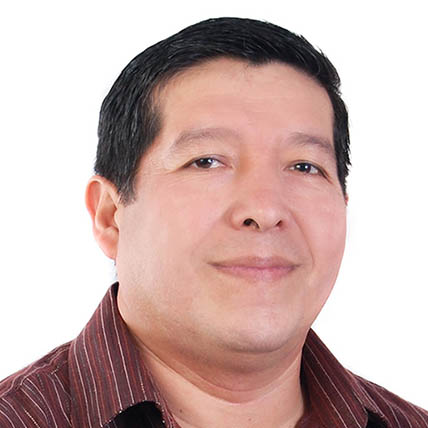DISE: Track on Data-drIven Software Engineering
Call for Papers (AoE)
All submissions will be reviewed by at least three program committee members. The submissions will be judged on originality, relevance, technical quality, and clarity. SIMBig is one of the first conferences aiming to promote collaborations across both Data Science and Economics disciplines. We would like to thank you in advance for your scientific contribution to the 6th SIMBig and look forward to having the opportunity to showcase and disseminate your research.
- New scenarios, methods and techniques for data-driven software engineering
- New and emerging ideas about techniques for data-driven software engineering
- Experiences on trying to solve problems of software engineering exploiting users and contextual data
- Synergies and interactions among cross-system data-driven software engineering techniques and methods
Scope and Topics
We are looking for contributions that investigate models, design principles, methods and techniques for software engineering using a data-driven approach. The topics include but are not limited to:
- Econometrics and machine learning
- Data-driven search based software engineering.
- Model-driven software engineering for exploiting users and contextual data.
- Data-driven software evolution and maintenance.
- Data-driven software adaptation.
- Data-driven self-* (self-management, self-adaptation, self-protection, etc.) systems.
- Data-driven security and privacy .
- Data-driven software testing.
- Data-driven requirement engineering .
- Affective software engineering.
- Data-driven educational software engineering.
- Crowdsourcing for Software Engineering .
- Ethical issues on data collection and exploitation.
- Platforms and Infrastructure for data-driven software engineering.
- Data-driven design pattern for software engineering.
- Non-functional aspects of Big Data processing.
Paper Submission Guidelines
Easychair Submissions Website
Submissions for DSE Special Track here.
PROGRAM COMMITTEE
- Nelly Condori Fernández, Universidade da Coruna, Spain;
- Denisse Muñante Arzapalo, Institute of Technology ESTIA, France;
- Carlos Gavidia Calderon, University College London, UK;
- José Ignacio Panach Navarrete, Universitat de València, Spain;
- José Fabián Reyes Román, PROS Research Center - Universitat Politècnica de València, Spain;
- Carlos Efraín Iñiguez Jarrín, Escuela Politécnica Nacional, Ecuador;
- Silvia Rueda Pascual, Universitat de València, Spain;
- Julio Sandobalín, Escuela Politécnica Nacional, Ecuador;
- Damiano Distante, University of Rome Unitelma Sapienza, Italy;
- Xavier Oriol, Universitat Politècnica de Catalunya, Spain;
- Silvia Lizeth Tapia Tarifa, University of Oslo, Norway;
- Otto Parra, Universidad de Cuenca, Ecuador;
- Jesús Edwin Bellido Angulo, Universidad de Ingeniería y Tecnología, Perú;
- Francisco Pino Correa, Universidad del Cauca, Colombia;
- César Pardo Calvache, Universidad del Cauca, Colombia;
- Mirna Muñoz Mata, Centro de Investigación en Matemáticas A.C, México;
- Jezreel Mejía Miranda, Centro de Investigación en Matemáticas A.C, México;
- Andrés Melgar Sasieta, Pontificia Universidad Católica del Perú, Perú;
- José Pow Sang Portillo, Pontificia Universidad Católica del Perú, Perú;
- Edgar Sarmiento, Universidad Nacional de San Agustín, Perú;
Organizers

Jorge Eduardo Díaz Suárez
PhD(c) in Computer Science
Universitat de València,
SPAIN

Abraham Eliseo Dávila Ramón
PhD(c) in Computer Science
Pontificia Universidad Católica del Perú,
PERÚ